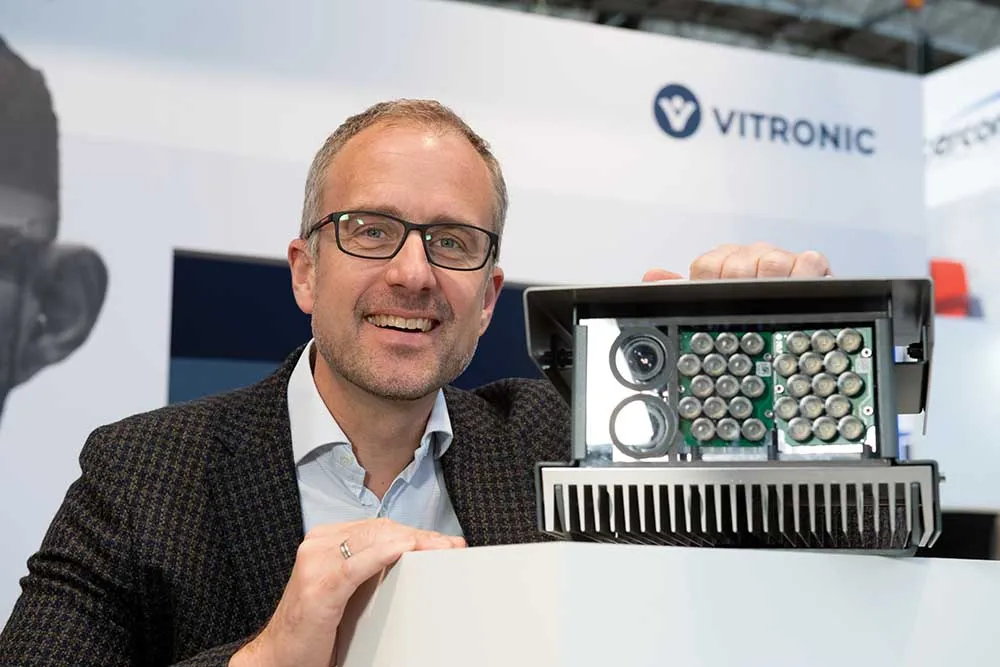Vitronic has claimed a world first for its next-generation speed enforcement solution that enables police forces to provide fixed and mobile speed enforcement from a single installation. The 'dual-use' housing system consists of LIDAR (laser-based) technology which can capture speeding vehicles on up to three lanes in a single direction.
March 8, 2012
Read time: 2 mins
A standard mobile PoliScan enforcement system mounted in a protective stationary housing means that when mobile operation is required, it can be removed easily, transferred to a tripod/vehicle and then reinstalled after mobile surveillance is completed.
Other than this unique dual-use functionality, Vitronic says the housing provides additional benefits. When installed, the mobile system is mounted on to an internal metal wall. To provide complete protection from external interference the inner housing is surrounded by a second casing constructed from steel plates. Clear security glass also offers a safeguard from vandalism. The outer steel housing also serves as a sun roof to prevent the inner housing from direct sunshine and to help provide maximum violation capture rates.
Vitronic points out that this solution also comes with the usual benefits and quality standards expected from the company's PoliScanSpeed products. The core laser technology provides a multi-lane, multi-vehicle capacity with lane-specific speed detection. This enables all violations to be acquired, regardless of their speed or position on the road - vehicles travelling parallel and tailgating are all measured at speeds of up to 250km/h (155mph). The encrypted case files, with a digital signature, can then be sent to the back office system PoliScanOffice for further processing. This software provides Automated License Plate Recognition (ALPR) and creates documents which are valid in a court of law.










